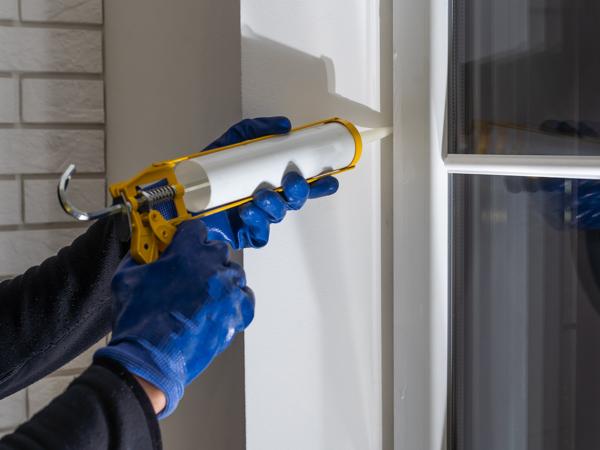Replacing windows might seem like a routine update, but it can be quite an intricate endeavor that involves careful consideration of various factors. Windows not only define the aesthetic of your home but also play a significant role in energy efficiency, temperature regulation, and overall comfort. Let's embark on an exploration of window replacement, keeping practicality and personal experiences in mind.
Why Consider Replacing Your Windows?
Several reasons might prompt you to consider replacing your windows. Aging windows that let in drafts or those that are difficult to open can affect your home's comfort. Perhaps you're looking to improve the overall aesthetic or enhance energy efficiency with energy-efficient windows and doors. It's important to look at your specific needs and priorities when deciding whether it's time to upgrade.
Signs It's Time for New Windows
- Drafts: When you notice persistent cold spots near your windows, it's a sign they might not be sealing properly.
- Condensation: Regular fogging between glass panes can indicate broken seals.
- Operational Issues: Windows that are hard to open or close can signify warped frames or faulty hardware.
Choosing the Right Type of Window
There are various styles, materials, and features to think about, each bringing their own set of benefits. Here's a look at some common types:
- Double-Hung Windows: Known for their versatility and classic appeal, double-hung windows are a popular choice for many homeowners.
- Casement Windows: These are hinged at the side and typically open outward; they're excellent for offering full ventilation.
- Bay and Bow Windows: Ideal for creating a small seating area or improving the light in a room, these windows add charm and space.
Materials to Consider
- Vinyl: Affordable and low-maintenance, vinyl windows are popular due to their energy efficiency and durability.
- Wood: Offers a timeless look but requires regular maintenance. Modern treatments can alleviate some upkeep issues related to Home Maintenance.
- Aluminum: Lightweight and durable, but less insulating than other options.
The Replacement Process
Do-It-Yourself or Professional Help?
Deciding whether to replace windows yourself or hire a professional is another major consideration. While DIY can save money, it can be challenging without the right tools and expertise. Professional installation ensures a proper fit and finish, which might be worth the investment.
Key Steps in Window Replacement
- Measurements: Accurate measurements are crucial for a snug fit and to avoid drafts.
- Removing Old Windows: This involves carefully detaching the old frame, sash, and sometimes, the trim.
- Installing New Windows: Place the new window in the opening, ensuring it's level and sealed properly against the elements.
Cost Considerations
On average, window replacement can vary widely based on the materials, window style, and complexity of the installation. Energy-efficient windows might have a higher initial cost but could reduce monthly energy bills over time.
Enhancing Energy Efficiency
Opting for windows with features like double or triple glazing, low-emissivity coatings, or gas fills can enhance insulation. Look for products with Energy Star ratings to ensure they meet recognized efficiency standards.
Concluding Thoughts
Replacing windows is a deeply personal decision driven by various factors like budget, aesthetics, and energy-saving goals. Taking the time to assess your needs, explore options, and perhaps consult with professionals can help guide you to a solution that meets your unique requirements.
If you’re pondering whether to replace your windows, you aren’t alone. Many homeowners embark on this journey seeking to tailor their homes to their needs. Amidst this process, sharing experiences and learning from others can be quite beneficial, ensuring that whatever choices are made align with what your home truly needs.




